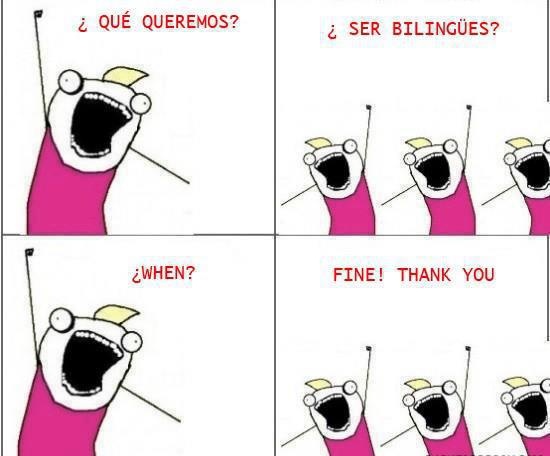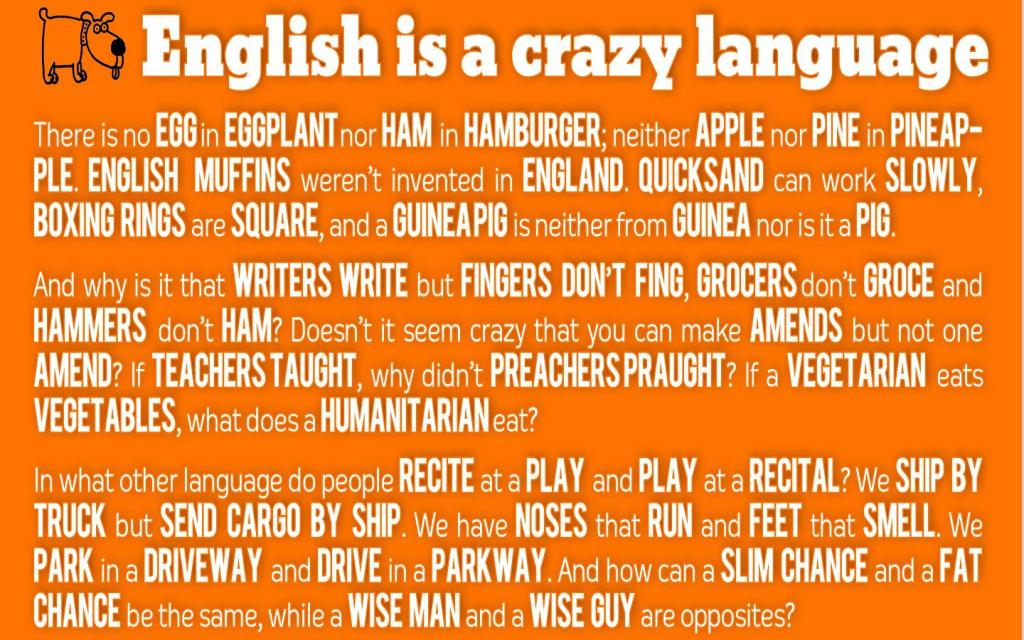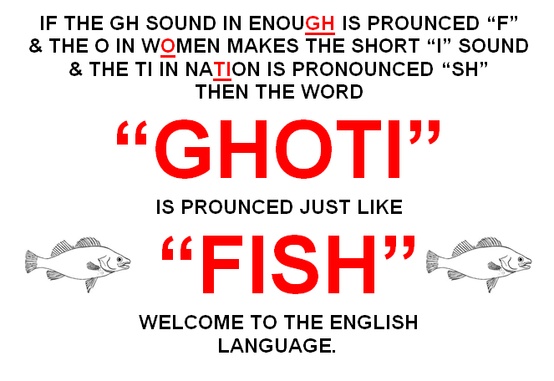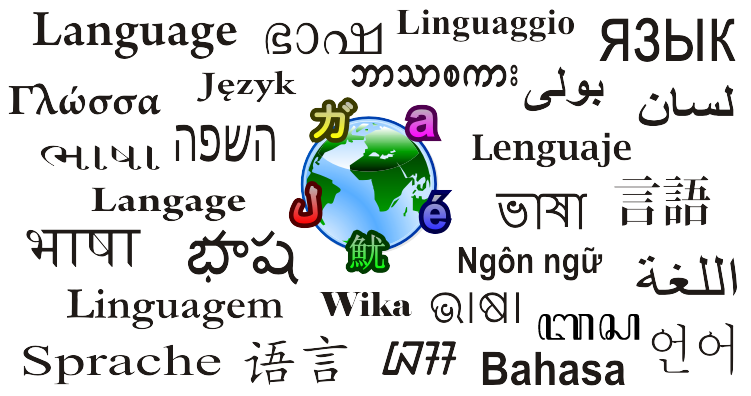 The Atlas of the Real World: Mapping the Way We Live by Daniel Dorling
The Atlas of the Real World: Mapping the Way We Live by Daniel Dorling
My rating: 4 of 5 stars
This book originally lent to me by Orestis from uni. In fact, if I recall correctly, he’d borrowed it from someone else first. In a weird twist of fate, I have become that shadowy person responsible for lent books gone AWOL. The person everybody loves to hate.
It’s not hard to get what this book is all about: it’s 366 maps that are much more infographics about human life on Earth than they are maps.
Greece doesn’t rank high in almost any of these expected or unexpected lists and their respective cartographic representations, apart from the follwing two, which stuck out for me—links are to the book’s source website, Worldmapper, which contains all 366 maps included in the publication for your viewing pleasure).
“The Asian regions (Southern Asia, Eastern Asia, Asia Pacific and Japan) are where 65% of mopeds and motorbikes are driven. Mopeds are less powerful than motorbikes, having slower maximum speeds because of their smaller engines. Some mopeds can also be pedalled. This form of transport has an advantage over cars in that motorised bikes can be taken on narrow roads and paths. On the other hand the rider is more vulnerable to injury.
Malaysia and Greece have more than one motorbike / moped for every five people. Considering that some people will be too young to drive, this could be one bike per three people in the relevant age group.”
Greece’s percentage of people over 65 (wow, that includes my dad!) is ranked fourth in the world, after Japan, Germany and Italy. Doesn’t this suddenly make the whole pension crisis seem way hopeless? Also see: why Europe’s aging population means that the EU need to welcome 20 million immigrants by 2030 to replenish diminishing workforce.
If this book could have always up-to-date info, and not stuck in 2008 at best, it would earn its 5 stars. But I’m sorry review, I’m afraid I can’t do that.










